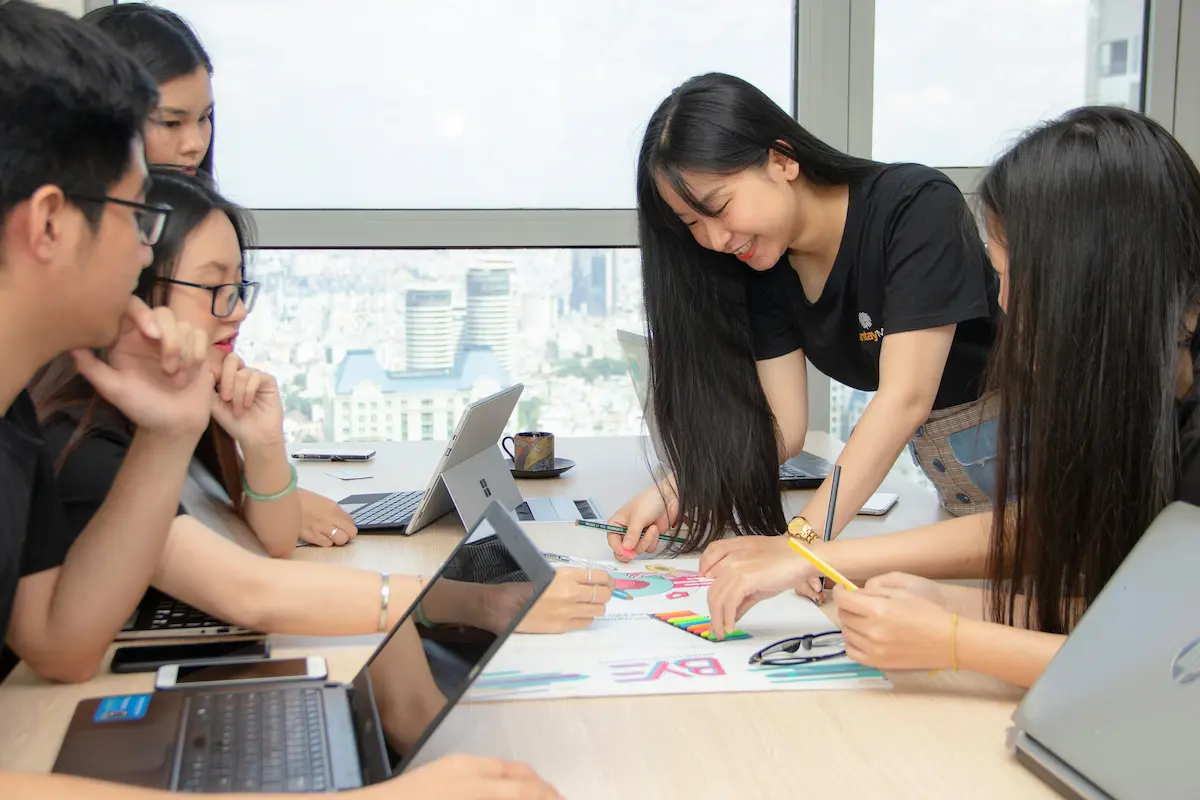Workplace Wellness & Mindfulness Training for Employees
Having a healthy, happy, and resilient workforce is key to business success. The latest NICE guidelines recommend that organizations “offer all employees (or help them access) mindfulness, yoga, or meditation on an ongoing basis.”
Integrating workplace wellness programs—including mindfulness and the Alexander Technique—supports employee mental and physical health, reduces stress, and enhances overall wellbeing


